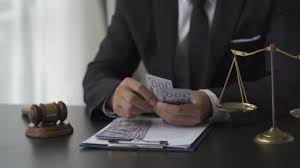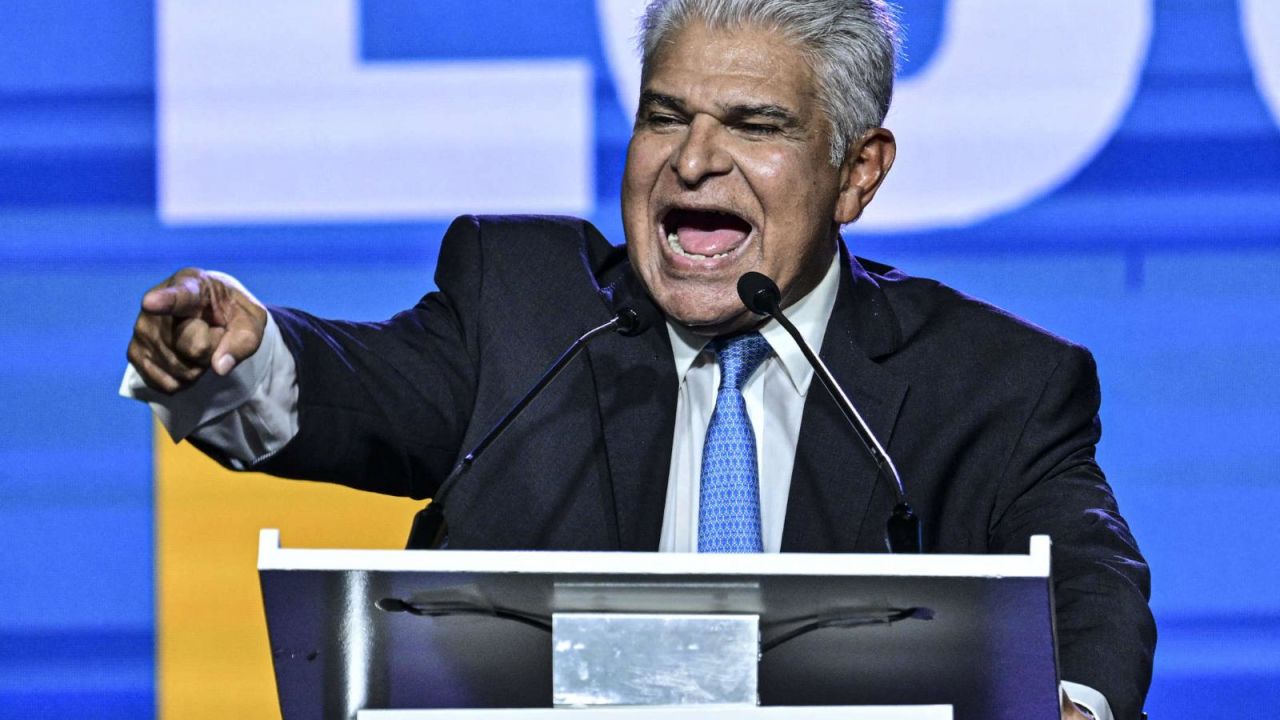Dirty lawyers a threat to Panama justice

A few days ago, the president of the Supreme Court denounced the abuse of the presentation of repetitive or unfounded appeals that seek to hinder the processes, and said that those creative and dirty lawyers who line their pockets like this would even have to have their licenses taken away writes Flor Mizrachi in La Prensa.
Last year, 11.5% of hearings in the Accusatory Criminal System were suspended. That’s not a little. There are 23,348 suspended hearings.
Each day of hearings costs us $231,737. Per hour it costs $28,967. And per hearing, $297. Multiply that by the hearings not held. Yes, we threw away $6.9 million. Plus the logistics that each hearing involves. Schedule the request, notify actors, coordinate with other institutions, assign the room, verify the technological and physical requirements, obtain interpreters, guarantee the availability of judges, public defenders and assistants, and the preparation of judges, among others. And in trial hearings, the MP transports and feeds witnesses and experts. It’s between 12 and 15, so add another $120 to $150 per audience. And we pay for that whether there is an audience or not. The abuse of some people’s defense costs everyone more.
82% of the hearings suspended in 2023 were guarantee hearings. The thing is that these cover the highly sought-after rights violation hearings.
These hearings seek to protect the rights of the accused but are used to delay cases. And since in the Accusatory Criminal System, everything must be verbalized in a hearing, every time they request one of those hearings, it is scheduled without anyone leaking it and they discuss anything. And since there are limited places for audiences, they leave those who need them without space.
The law does not limit the number of times appeals can be filed, so lawyers file the same appeal a thousand times. They change two words and reintroduce him. But each judge is theoretically independent, so if they wanted to, they could stop this nonsense. This is not the only one, because the lawyer accomplices have also perfected the trick of not going to the hearings, presenting disabilities, and changing lawyers at the last minute.
However, the vast majority of judges are not happy, even though Article 63 of the Criminal Procedure Code establishes that they must flatly reject delays and inappropriate acts and apply the corresponding measures.
Ridiculous fines
Some will lack courage, others will be sold or afraid… but it doesn’t help that the law imposes discretionary and ridiculous fines. The judge can, should not, fine. And so, he forgives one, the other gets $50 (the minimum fine) and another $500 (the maximum).
There was a ruling from the Third Chamber of Administrative Litigation in 2008, which condemned these abuses for causing loss of time, annoyance structural wear and tear, and human resources to the parties, to justice, and to society, and called for litigation respecting the right of the rest to effective justice without delay. But again. The judge decides.
And in the face of these ethical abuses, has the Bar Association spoken out forcefully? How many lawyers have you sanctioned? On the contrary, they are shocked if you question them because for them delaying is just another defense tool. How can we forget the photo of the president of that school celebrating her victory with Martinelli, a prominent abuser of the system?
Martinelli, who said that the judicial system had to be reviewed because anyone would delay a process if they wanted to, presented 14 appeals only in the extraordinary instance of the New Business case. Outside of those that he presented in previous instances and in the Assembly to get the president of the Court off his back. That’s one person, one case.
Here, unlike countries like Argentina, Peru, Paraguay, and Brazil, no law punishes the abuse of the right to litigate. Article 467 of the Judicial Code and articles 18 and 65.1 of the Criminal Procedure Code talk about the issue but without sanctions. Carlos Bolívar Pedreschi said it in his book: A Different Conception of Constitutional Law: “In no other discipline is the form more important than the substance. In law, yes.” Here, due to the form, we do not get to the bottom of it in many cases.
Deputy Gabriel Silva presented a project to regulate these abuses in 2022. But there it is, collecting dust, like everything that benefits the country and not the politicians. As in everything, there is a lack of will.






